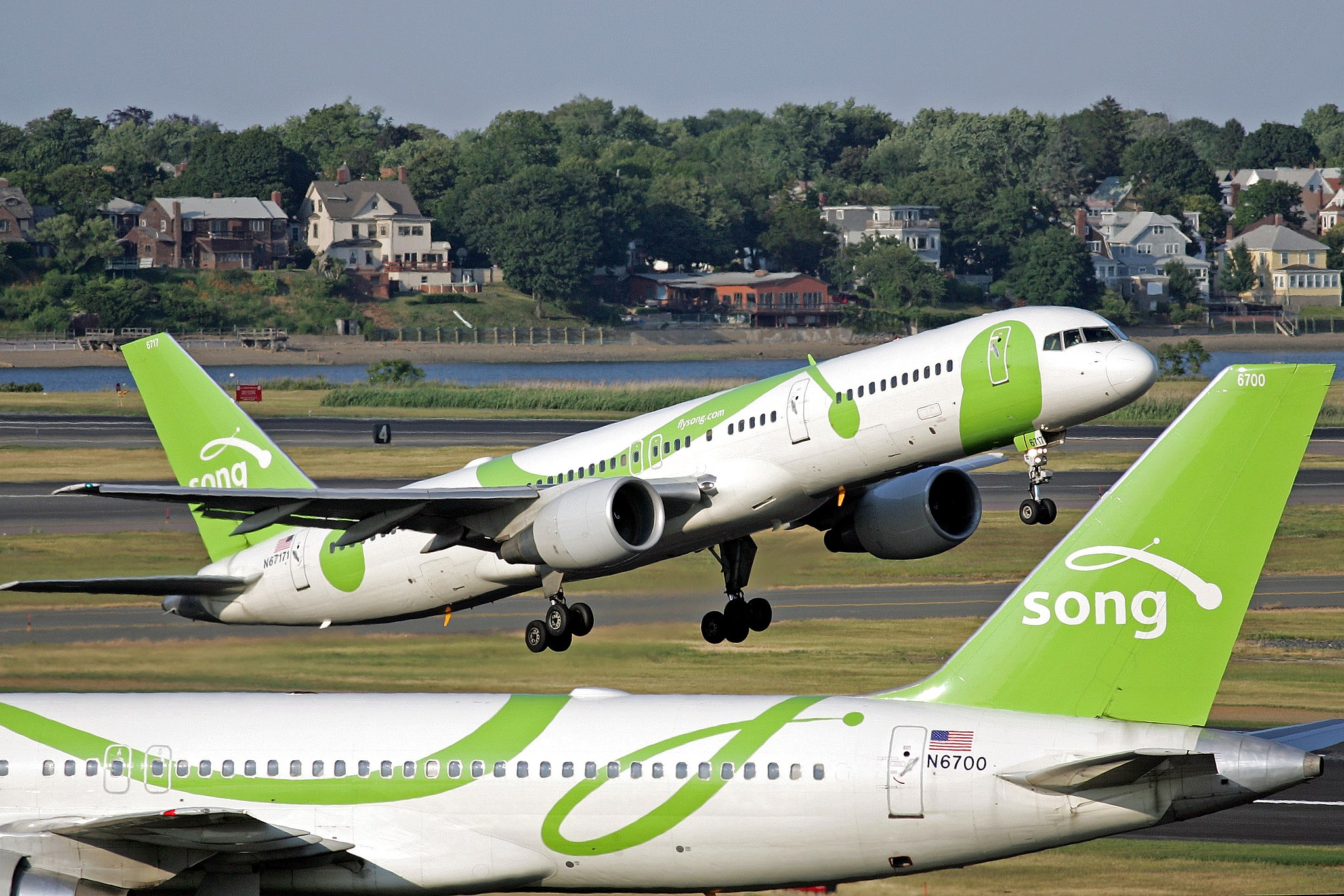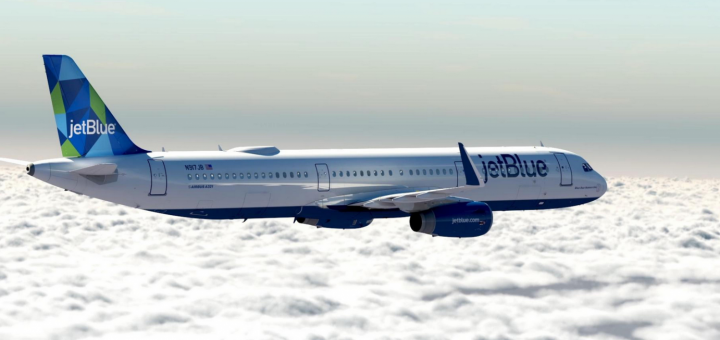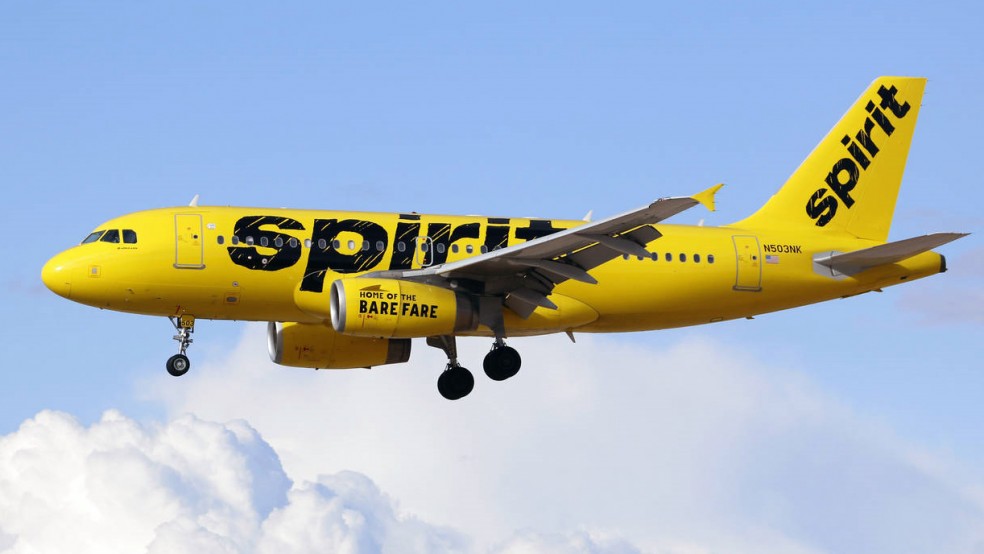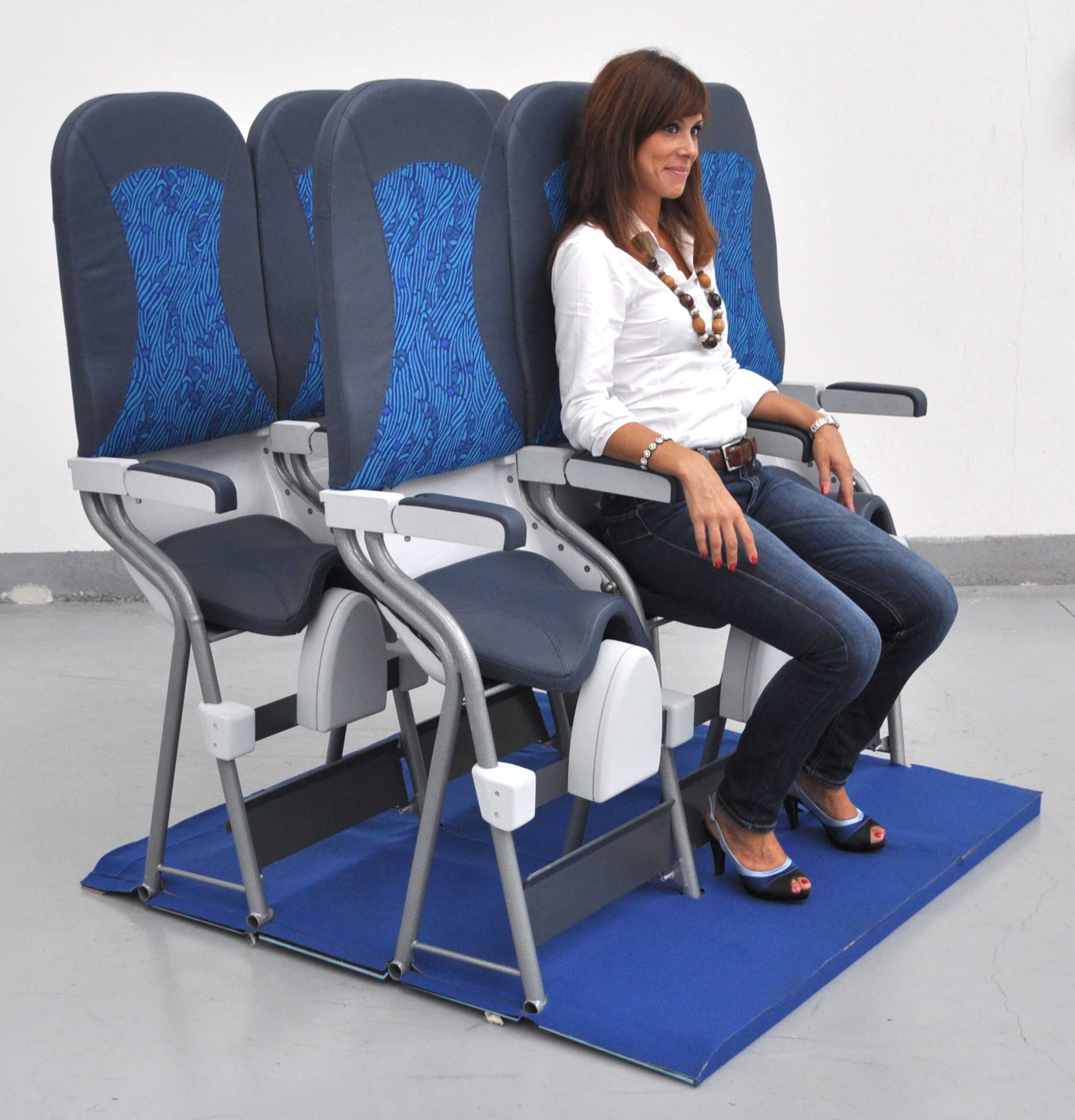I think it’s time we realize there is no such thing as a low-cost carrier/airline in the U.S. anymore. The changes were so gradual it’s tough to tell when it actually happened, but make no mistake – it did happen. Per Wikipedia, the term LCC originated within the airline industry referring to airlines with a lower operating cost structure than their competitors.
There used to be several low-cost carriers. AirTran, People’s Express (Note from Sharon: Oh, how I LOVED People’s Express. They used to sell Rachel’s Brownies for 50c apiece and they were the best brownies I ever had!) and Midway Air all sprung up to compete against the major airlines. In response, the airlines launched micro-brands like Song and TED. Over time these airlines either went out of business, have been re-absorbed into the parent company, or were gobbled up by the larger airlines. The only two U.S.-based airlines left that initially fit into the LCC category are Southwest and JetBlue.

The IATA (International Air Transport Association) gives some guidelines for a low-cost carrier. I feel these criteria have gone out of date:
- Primarily point-to-point operations
- Short-haul routes, often between regional or secondary airports
- Strong focus on price-sensitive traffic, mostly leisure passengers
- Typically a single service class, with no (or limited) customer loyalty programmes
- Limited passenger services, with additional charges for some services (e.g., on-board catering)
- Low average fares, with a strong focus on price competition
- Different fares offered, related to aircraft load factors and length of time before departure
- A very high proportion of bookings made through the Internet
- High aircraft utilization rates, with short turnaround between operations
- A fleet of just one or two aircraft types
- Private-sector companies
- A simple management and overhead structure with a lean strategic decision-making process
A combination of the growth and evolution of the largest LCC carriers and the decrease in services from the legacy airlines have blurred the lines between them so much that they no longer exist.
Southwest and JetBlue both have loyalty programs and no longer focus on short-haul routes between regional or secondary airports. They no longer have fleets of just one or two aircraft types. They aren’t private sector companies with simple management and overhead structures. JetBlue even offers first-class, or Mint, seats on specific routes.

Many of the other definitions, like limiting passenger services with additional charges for onboard services like catering, is now the norm on all airlines. What airline doesn’t focus on price-sensitive traffic by offering Basic Economy fares with bare-bones services? You need to pay for a decent seat on any airline unless you’re a frequent flyer. All airlines try to have high utilization rates, minimizing the time on the ground and turning around planes as fast as possible and every airline wants you to book directly on their website. Not many differences exist between the airlines anymore. In fact, the former LCC’s now provide services other airlines don’t, such as Southwest letting you check two suitcases for free and JetBlue providing free WiFi to passengers.

The last thing separating the LCC’s from the legacy airlines (American, Delta & United) was the level of customer service you’d receive, particularly in the event of trip delays. While the major airlines used to rebook you onto another airline, if necessary, the LCCs wouldn’t, leaving you stuck for hours, if not days, waiting for your rescheduled flight. Now even that line has disappeared since only Delta will rebook any passenger onto another carrier. American only will do this for elite members and even that’s only if the delay is greater than six hours. Airlines would rather just issue you a refund for your ticket instead of arranging an alternate form of transportation.

There are still airlines in the U.S. that fit the IATA’s definition, the ULCC (Ultra-Low-Cost Carriers). Airlines like Spirit, Frontier, Allegiant and Sun Country are the ones carrying the low-cost model into the future. Their business model of charging for everything, from booking a ticket online to requiring you to pay for any bag (carry on or checked) unless it will fit under the seat in front of you, is the next generation of low-cost airlines. Flying on these airlines isn’t terrible, as we found our flights on Frontier to be just fine. More accurately, we found the flights to be better than a flight in basic economy on other airlines.

Final Thoughts
Can we stop referring to Southwest and JetBlue as Low-Cost Carriers? They’ve worked their way up, or other airlines have come down, to the point where there’s no real difference between them anymore. Let people choose between them on price, convenience and service. We can then start calling Spirit, Frontier, Allegiant and Sun Country the LCC’s and retire the ULCC moniker until some airline manages to introduce those stand up seats.

Like this post? Please share it! We have plenty more just like it and would love it if you decided to hang around and get emailed notifications of our posts. Or maybe you’d like to join our Facebook group (we have 10,000+ members), where we talk and ask questions about travel (including Disney parks), creative ways to earn frequent flyer miles and hotel points, how to save money on or for your trips, get access to travel articles you may not see otherwise, etc. Whether you’ve read our posts before or this is the first time you’re stopping by, we’re really glad you’re here and hope you come back to visit again!
This post first appeared on Your Mileage May Vary
